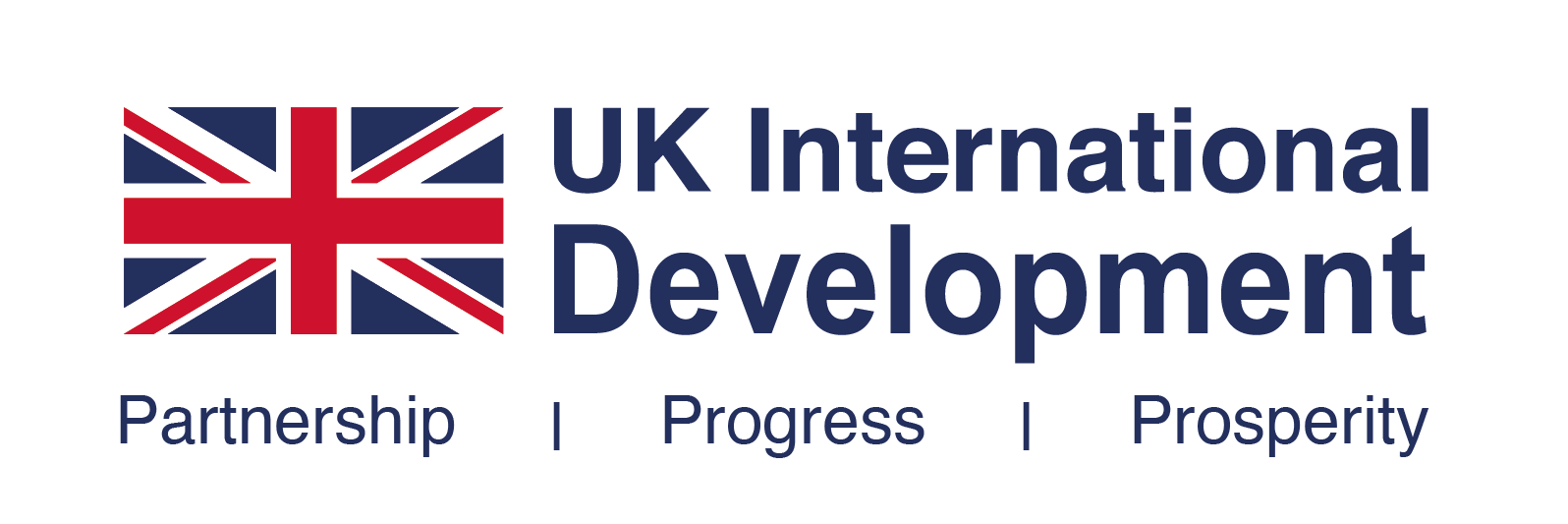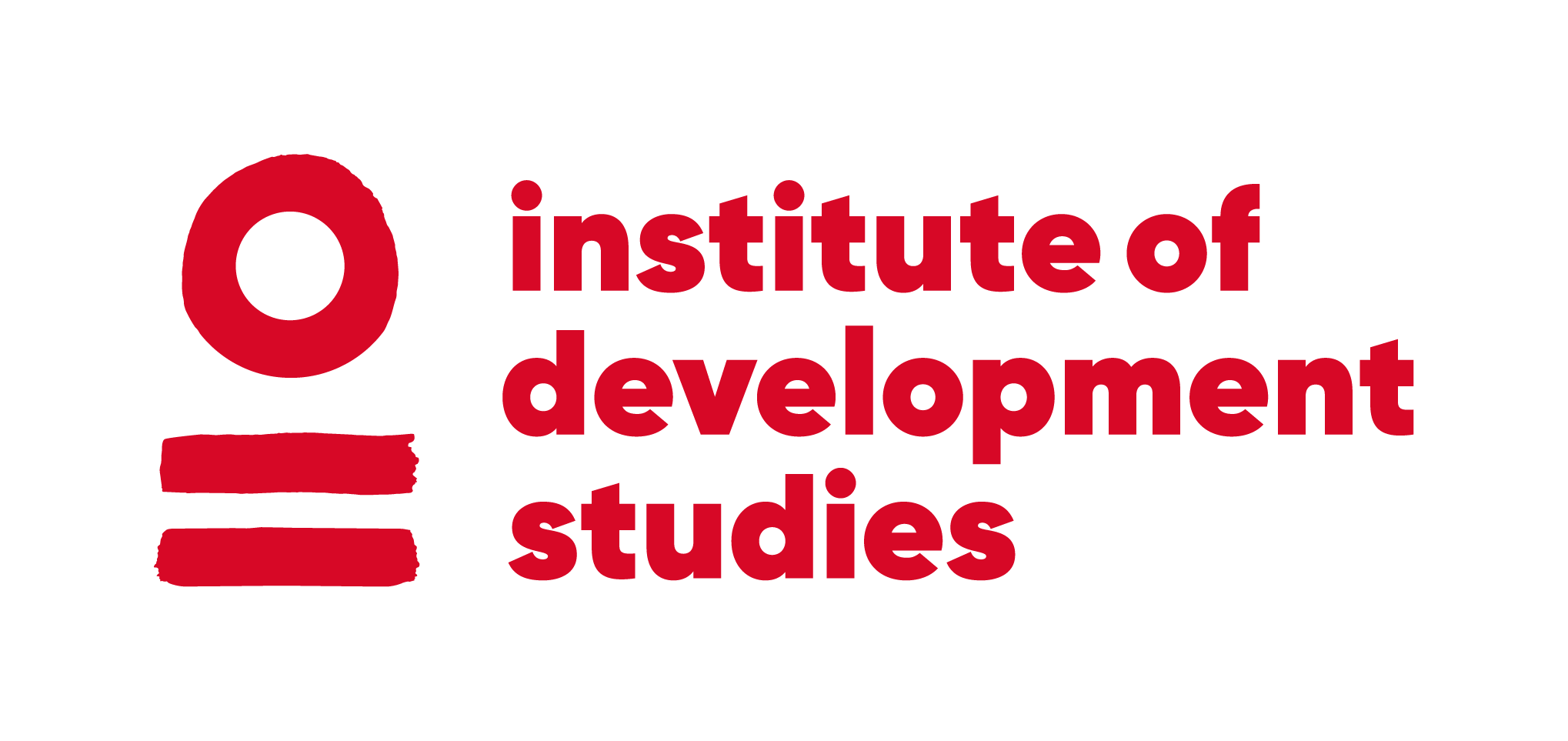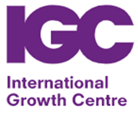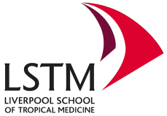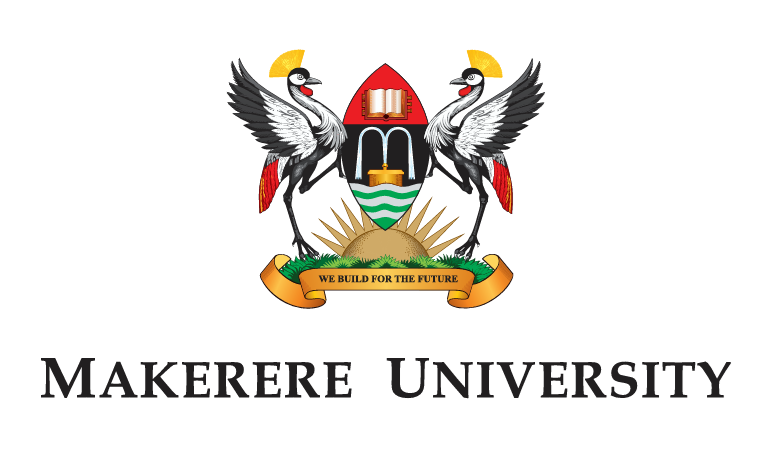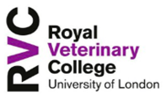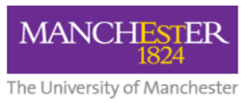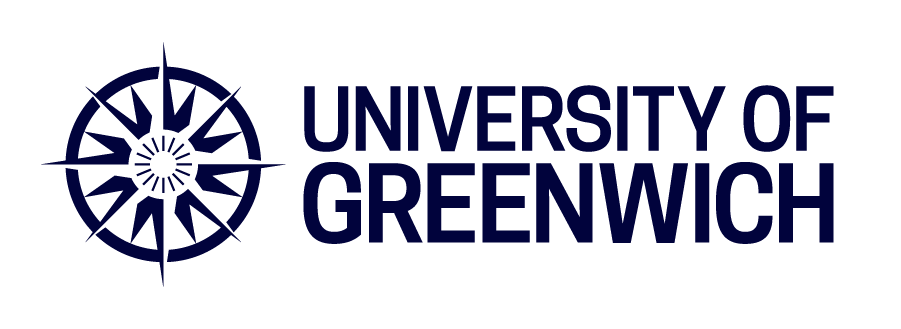Research Commissioning Centre

The Foreign, Commonwealth and Development Office (FCDO) Research Commissioning Centre (RCC) has been established to commission and manage research to enhance development and foreign policy impact.
Led by the International Initiative for Impact Evaluation (3ie), the University of Birmingham, and an unmatched consortium of UK and global research partners, the RCC aims to commission high-quality research in FCDO’s key priority areas.
About the RCC
The RCC supports FCDO teams in commissioning and delivering high-quality and impactful research. It addresses challenges associated with research bureaucracy, as highlighted by the Independent Review of Research Bureaucracy, by providing a streamlined process for commissioning and delivering FCDO-funded research.
How we work
The RCC aims to reduce administrative burden, accelerate access to world class academics and strengthen the ability to deliver rapid and responsive research commissioning, all focusing on impact. The RCC will start with a limited number of projects in the proof-of-concept phase and then scale up significantly within a few years. A central role of the RCC will enable stronger coordination across FCDO research and investments, including identifying opportunities for cross-sectoral research. Inclusion and equitable partnership principles will be at the heart of the RCC to drive high-quality and impactful research.
What we do
Funding opportunities from the RCC are updated on the Global Research and Technology Development (GRTD) website, the research portfolio of the UK government's Foreign, Commonwealth and Development Office (FCDO).
Research programmes
Understanding the impacts of El Niño and the Indian Ocean Dipole in the Indo-Pacific
As part of an RCC-commissioned project, 3ie is leading the development of a systematic review to examine the evidence on the effects of El Niño and the positive Indian Ocean Dipole on health, economics, conflict migration, food and security across low- and middle-income countries in the Indo-Pacific Region. More information on this programme is available here.
Understanding evidence use in policymaking in Sub-Saharan Africa and South Asia
The Evidence-Informed Policymaking (EIPM) programme explores how policymakers engage with evidence and identifies the factors that influence evidence uptake in Sub-Saharan Africa and South Asia, with a central focus on policymaking for national economic growth. As part of this programme, we are commissioning several studies and have developed a suite of resources. Read more
How to apply
If selected, RCC funding recipients will be required to comply with several guidelines and policies to ensure high standards of research and programme delivery. Shortlisted funding recipients will be assessed for compliance during the due diligence process. Potential funding recipients are encouraged to familiarise themselves with the following resources, which will be used throughout the delivery of RCC-funded projects.
- FCDO Programme Operating Framework (PrOF)
- FCDO Risk Register Template*
- 3ie Safeguarding Policy
- 3ie Fraud & Anti-Corruption Policy
- 3ie Transparent, Reproducible, and Ethical Evidence (TREE) Policy
- 3ie Direct Cost Policy (also included in the budget template)
- 3ie Indirect Cost Policy (also included in the budget template)
- Accountable Grant Agreement template
Note: In case of any discrepancies between the FCDO’s PrOF guidance and 3ie’s policies, the PrOF guidance will prevail.
*Applicants are not required to fill in the risk register template at the Calls for Proposals stage. This resource is included for information only.
Upcoming opportunities
In this section, we will provide information about upcoming opportunities, also known as prior information notices, coming from the RCC. These opportunities will cover a range of development and diplomacy topics. If interested, please sign up to the mailing list for more updates and to track the opportunity.




